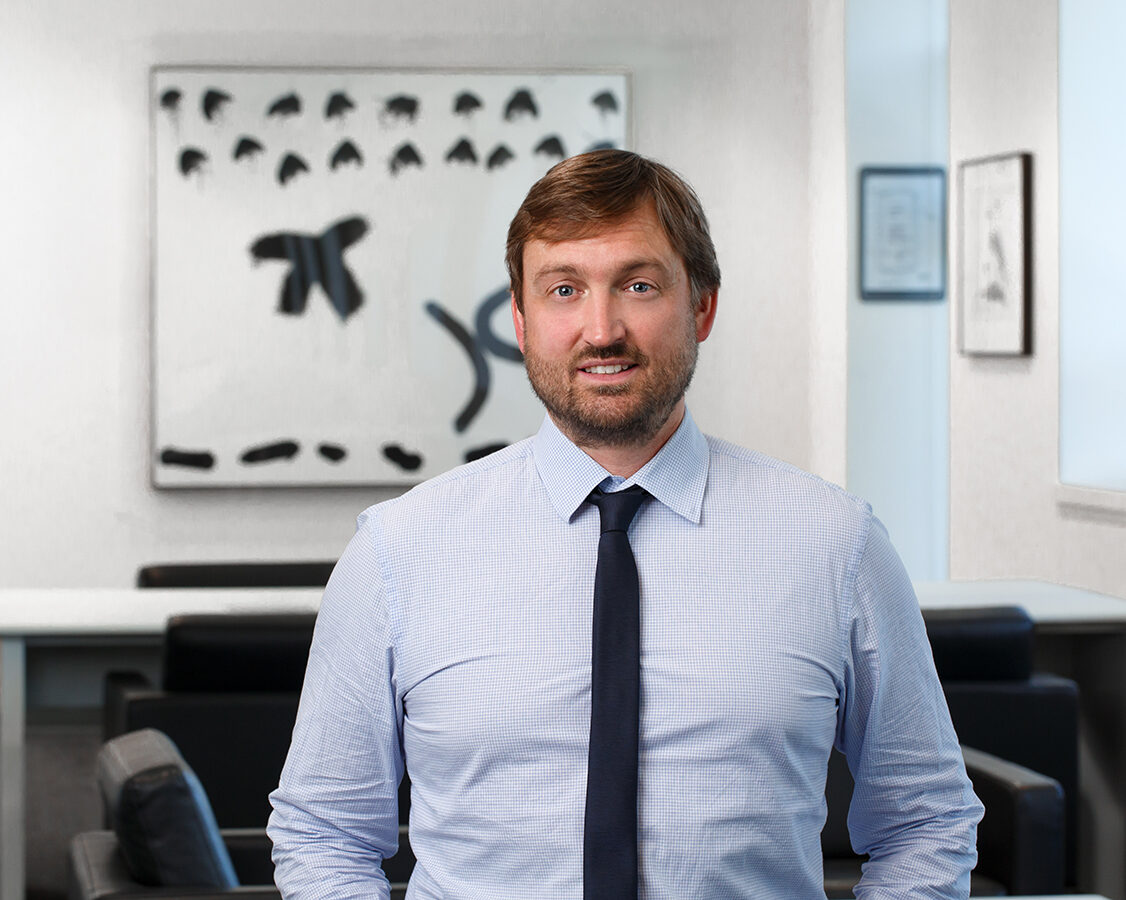New Government of Canada report, led by David Burnes, provides actionable steps for preventing and addressing the pervasive mistreatment of older adults
Categories: David Burnes, Faculty, Research Professor David Burnes has dedicated his research to preventing the mistreatment of older adults — and his recent findings have been cause for grave concern.
Professor David Burnes has dedicated his research to preventing the mistreatment of older adults — and his recent findings have been cause for grave concern.
Burnes’ 2021 population-based longitudinal study published in 2021, for example, found that more than one in ten New York State residents aged 60 and older experienced mistreatment over a 10-year period. The results of Burnes’ Canadian study were even more worrying, with one in ten adults aged 65 and older reporting that they experienced some form of elder abuse each year.
Now, a new report, led by Burnes and published by the Government of Canada’s Federal, Provincial, Territorial Forum of Ministers Responsible for Seniors, outlines vital next steps in addressing the issue. Titled Preventing and Responding to the Mistreatment of Older Adults: Gaps and Challenges Exposed During the Pandemic [PDF], the report identifies the obstacles that must be overcome to effectively prevent and respond to incidents of elder mistreatment, such as abuse, neglect and financial exploitation.
“Older adults who are victims of mistreatment may experience economic hardship, poor physical and mental health, and even premature mortality,” says Burnes, a professor at the Factor-Inwentash Faculty of Social Work, whose research on ageism has been featured in the New York Times. “The COVID-19 pandemic not only exacerbated experiences of elder abuse; it exposed the holes in our system. We urgently need interventions to help people who have experienced mistreatment, and we also need to prevent it from happening in the first place.”
The study included a comprehensive literature review and a survey with stakeholders who are directly involved in preventing the mistreatment of older adults. After identifying the gaps and challenges that exist, the study’s authors developed a list of actionable steps that could be taken to address them. These included prevention measures, measures to improve identification and detection of mistreatment, dedicated programs and improved community-based interventions, facilitating the development and maintenance of formal and informal social connections, initiatives to address workforce stability, and centralized support to promote equitable access to technology and research, among other strategies.
Burnes is already taking next steps to prevent and address elder mistreatment through a program he and colleagues have established called RISE (Relational, Individual, Social, and Environmental). RISE is an evidence- and community-based elder mistreatment response program that works in partnership with other systems, such as adult protective services, legal/justice, law enforcement, and healthcare, to support and respond to cases involving older adults who are at risk of or experiencing elder mistreatment or self-neglect.
Learn more about RISE via its website and follow RISE on X.
Read the full report [PDF]: Preventing and Responding to the Mistreatment of Older Adults: Gaps and Challenges Exposed During the Pandemic, published by the Federal/Provincial/Territorial Ministers Responsible for Seniors.
This report was prepared by:
David Burnes, PhD, Canada Research Chair in Older Adult Mistreatment Prevention; Associate Professor, University of Toronto, Factor-Inwentash Faculty of Social Work; Affiliate Scientist, Baycrest, Rotman Research Institute; and
Professeure Marie Beaulieu, Ph.D., MSRC/FRSC; Co-Director, WHO Collaborative Centre, Age Friendly Communities/Elder Abuse; Retired Professor and Associate, Université de Sherbrooke, School of Social Work; Associate Researcher, Research Centre on Aging, CIUSSS Estrie-CHUS;
FIFSW Professor David Burnes is a Canada Research Chair on Older Adult Mistreatment Prevention. His program of research focuses on elder mistreatment (abuse, neglect, financial exploitation), including the development of basic knowledge (risk factors, prevalence, severity) and the design, evaluation, and measurement of interventions to prevent and respond to elder mistreatment. Burnes advises major international organizations, including the World Health Organization and National Institutes of Health, as well as federal and provincial/state governments, on elder mistreatment. He also works with non-profit organizations, such as state-level adult protective services programs, on the development, implementation and measurement of elder mistreatment response and prevention programs.